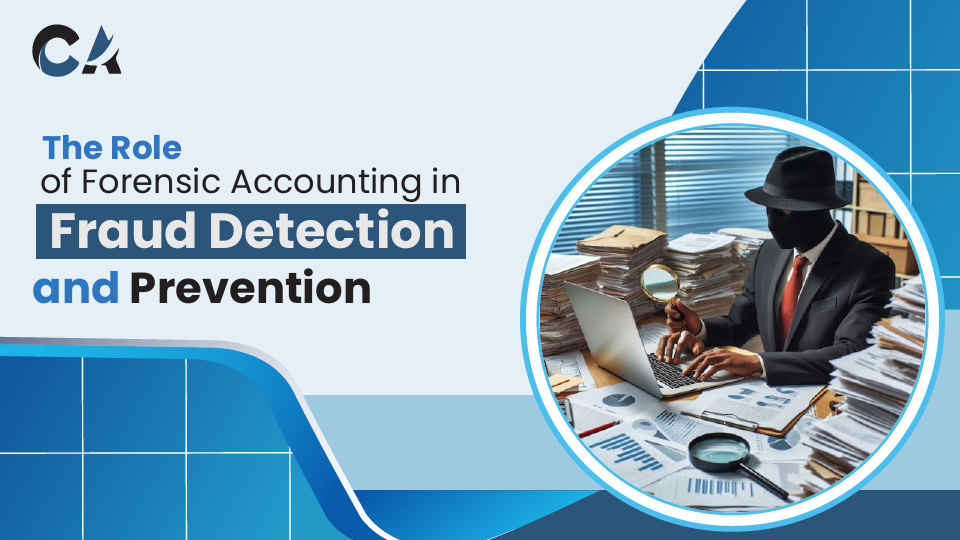The Role of Forensic Accounting in Fraud Detection and Prevention
Forensic accounting plays a crucial role in identifying, investigating, and preventing fraud within organizations. It combines accounting, auditing, and investigative skills to uncover financial discrepancies and irregularities, often crucial in legal proceedings and regulatory compliance.
Key Functions of Forensic Accounting
- Financial Analysis: Conducting in-depth analysis of financial data to detect anomalies or discrepancies that may indicate fraud.
- Audit and Examination: Performing detailed audits and examinations of financial records, transactions, and accounts to uncover fraudulent activities.
- Investigative Procedures: Utilizing investigative techniques such as interviews, forensic technology, and data analysis to gather evidence for fraud cases.
- Expert Witness: Providing expert testimony in legal proceedings related to financial fraud, presenting findings in a clear and understandable manner.
- Preventive Measures: Advising organizations on implementing internal controls, policies, and procedures to deter and prevent fraud before it occurs.
Role of Forensic Accountants
Forensic accountants are trained to apply accounting principles and investigative techniques to resolve financial disputes and irregularities. They work closely with legal professionals, law enforcement agencies, and corporate entities to ensure compliance with laws and regulations.
Interested in leveraging forensic accounting to safeguard your organization against fraud?
Contact us at +91 911 891 1172 for expert guidance and consultation. Let’s work together to strengthen your financial integrity and protect your business from potential risks.


